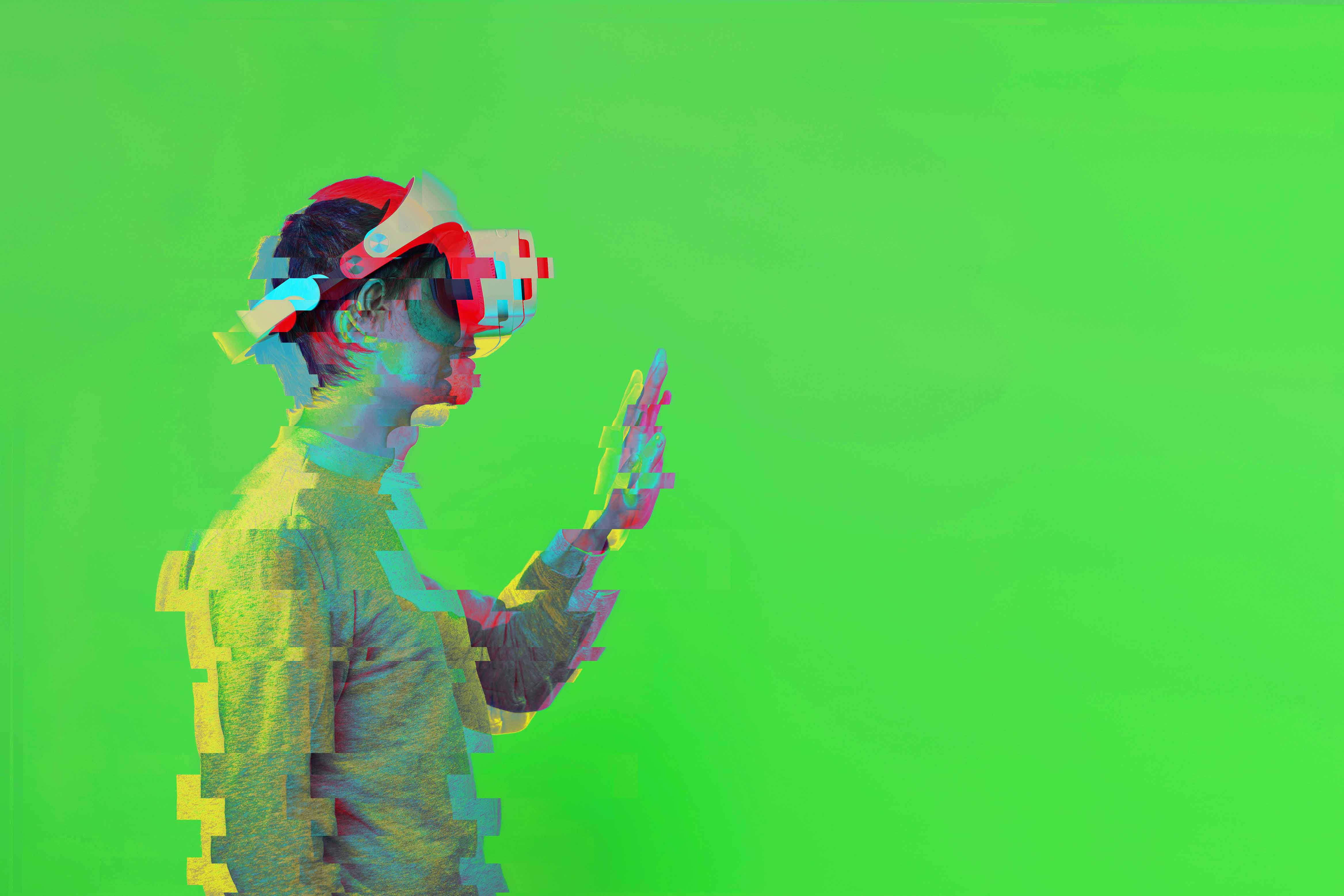The XYZ CAMP 2025 is an intergenerational R&I bootcamp. It will take place on June 26, 2025, starting at 9:30 AM, in the prestigious setting of Villa Blanc, located in Via Nomentana n. 216, Rome. This event represents a unique opportunity for young talents, top executives, practitioners, professionals, government officials, NGOs leaders and academics to meet, learn, and exchange ideas. The venue, home to the renowned Luiss Business School, will provide an inspiring and stimulating environment throughout the day. During the event, students from the degree programs in Strategic Management, Innovation and Sustainability (SMIS) and Law, Digital Innovation and Sustainability (LDIS) will have the chance to present their projects to a jury composed of leading corporate managers and representatives from national and EU institutions. This is a valuable opportunity to showcase their skills, foster intergenerational dialogue, and contribute to a more innovative and sustainable future.
Save the Date – XYZ CAMP 2025
We are thrilled to invite you to XYZ CAMP 2025, an exclusive event dedicated to talent development, research, innovation, and sustainability!
Location: Villa Blanc – Via Nomentana n. 216, Rome
Date: June 26, 2025
Time: Starting at 9:30 AM
An inspiring day where students from the Strategic Management, Innovation and Sustainability and Law, Digital Innovation and Sustainability programs will pitch their start up ideas and projects proposals to top managers and institutional leaders from across Europe.
Let’s build the future and protect planet Earth, together.


